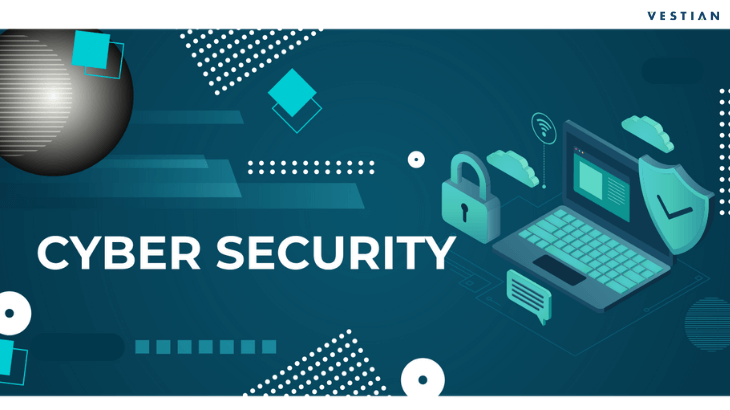Working from anywhere gives employees the flexibility to work, but it also comes with increased cyber security risks. Remote workers not only put their own privacy at risk, but can also cause a breach in the company’s security. Thus, today, importance of cyber security cannot be over emphasized, because of the crippling effect it can have on a business. According to statistics, the larger the business the more likely it is to experience threats and attacks. Infact with most companies working from home, cyber security is one of the top priorities for businesses. According to a PwC survey, cyber security market in India is set to grow exponentially from USD 1.97 billion in 2019 to USD 3.05 billion by 2022. The report also showcases an upsurge demand of data security products that will grow at a CAGR of 22.2% in India.
Irrespective of the size of the business, be it a multinational corporation, a mid-sized company or a local business, one can never be too prepared for a potential cyber security breach. The damage to your business whether it results in economic loss, theft of intellectual property, corporate information or disruption, is irreparable. It may also impact business reputation, resulting in loss of consumer trust, current and future customers and poor media coverage.
Therefore, it is important to keep abreast of the evolving risk and strengthen your IT team to tackle the challenges that arise from this growing potential risk/ threat. Some of the basic measures to be followed organisation wide include-
- Regular data back up- Using multiple back up methods is a good idea as it ensures complete safety of files. A good back up system typically includes:
-
- Daily incremental back-ups to a portable device and/or cloud storage
- End-of-week server back-ups
- Quarterly server back-ups
- Yearly server back-ups
- Secure your devices and network- Ensure you program your operating system and security software to update automatically.
-
- Install security software that includes anti-virus, anti-spyware and anti-spam filters
- Set up a firewall that acts as the gatekeeper for all incoming and outgoing traffic
- Turn on your spam filters to reduce the amount of spam and phishing emails that your business receives.
- Encrypt important information- Make sure you turn on your network encryption and encrypt data when stored or sent online. This reduces the risk of theft, destruction or tampering of information.
- Use of multi-factor authentication- A variation process that requires you to provide two or more proofs of your identity before you can access your account.
- Put policies in place to guide your staff- Spread awareness, educate employees about the impact and the potential downside it may have on the busines. Conduct briefing sessions to understand the potential threat and its implications
- Arm the IT team to keep abreast of the possible threats and plan well to protect business from known and emerging threats.
- Consider cyber security insurance to protect your business, as the cost of dealing with a cyber attack can cost much more than just repairing databases, strengthening security or replacing laptops.
These are but basics. What is required is awareness and mindfulness; and do reach out to your respective company IT specialists/ team to minimise such issues.

